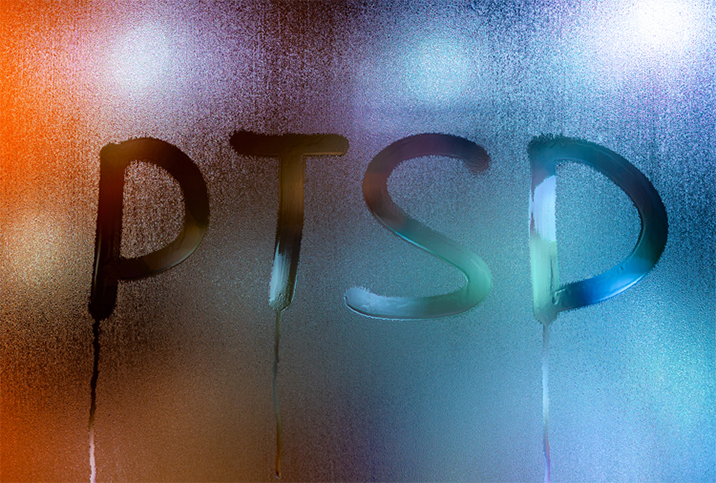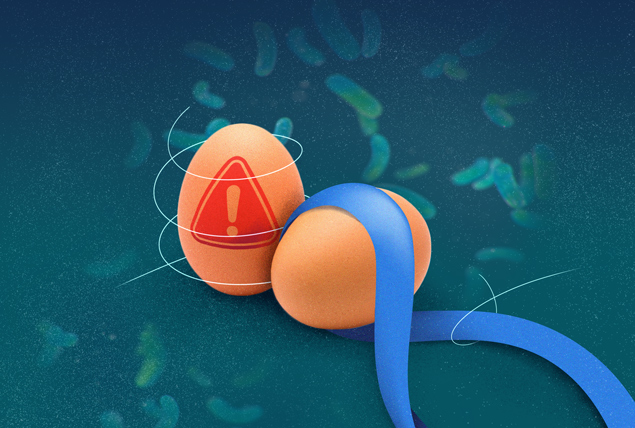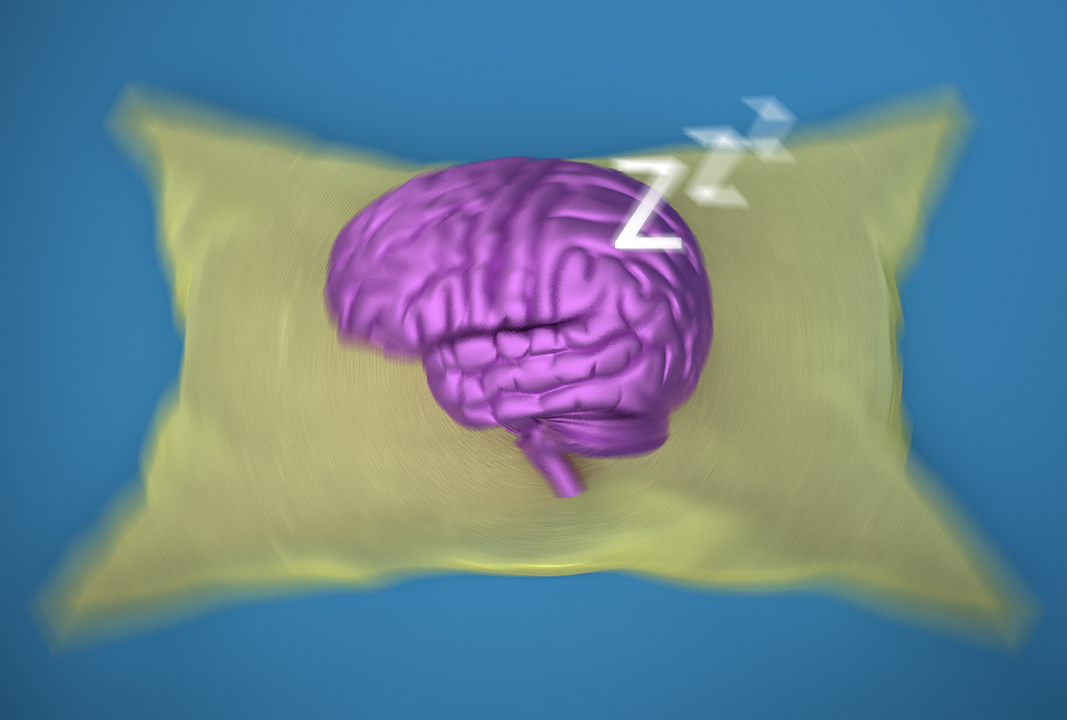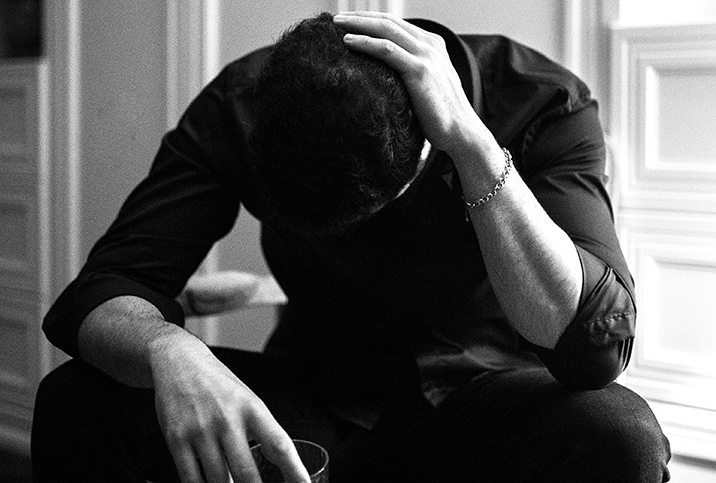Post-Traumatic Stress Disorder: Myths & Misconceptions

According to the National Center for PTSD, 8 million adults live with post-traumatic stress disorder, a mental health condition triggered by undergoing or witnessing a terrifying event. Most often associated with war veterans, post-traumatic stress disorder is a complex and sometimes misunderstood mental health condition.
In an effort to debunk some of the common myths that target PTSD, we researched the facts and present them here, so you can get help for yourself or someone you care about.
Myth: Post-traumatic stress disorder is a rare condition.
Reality: Experiencing or witnessing a traumatic event isn't rare, so it makes sense that post-traumatic stress disorder isn't, either. According to the National Center for PTSD, about 60 percent of men and 50 percent of women will experience or witness trauma at least once in their life.
It is definitely worth noting that not everyone who goes through trauma develops post-traumatic stress disorder. However, people who are directly exposed to trauma or injured during a traumatic event are at greater risk of developing the condition. The statistics back this up. American Psychiatric Association numbers show PTSD affects about 3.5 percent of U.S. adults every year, and women are two times more likely than men to experience it. And while that percentage may seem low at first glance, when you look at it in context of the U.S. population, this means millions of people suffer from post-traumatic stress disorder.
Myth: People who don't immediately develop PTSD after going through trauma are in the clear.
Reality: It can take months or years for symptoms of post-traumatic stress disorder to manifest after a person goes through trauma. Post-traumatic stress disorder is officially diagnosed a month after exposure to trauma, while the immediate symptoms from a traumatic event are diagnosed as acute stress disorder. Some people, however, don't experience PTSD until years after a given event.
PTSD sufferers experience disturbing and intense feelings and thoughts that last long after the inciting trauma has ended. Other symptoms include avoidance of any triggers associated with their trauma, constantly being in a hyper-alert state and memory blocking.
Some people experience symptoms intermittently over the course of several years, while others may have constant symptoms over the same time period. This is largely due to the fact that the nature of the disorder can make it difficult for individuals to recognize it in themselves.
Myth: Only war veterans get post-traumatic stress disorder.
Reality: While it's true that PTSD affects plenty of veterans, anyone can develop it, regardless of age or occupation. Ultimately, anyone who goes through or witnesses a traumatic event is at risk for developing PTSD. For example, victims of or witnesses to sexual violence and childhood abuse can experience post-traumatic stress disorder just as war veterans can.
Myth: Everyone who goes through trauma will develop the disorder.
Reality: Plenty of people who go through trauma develop post-traumatic stress disorder, but it's not the case for most people. In fact, research shows that while 60 percent of men and 50 percent of women in the U.S. experience some sort of trauma during their life, only about 10 percent will end up with PTSD.
Myth: Post-traumatic stress disorder affects only mentally weak people.
Reality: Whether someone gets post-traumatic stress disorder or not has nothing to do with mental strength. On the contrary, whether someone develops the disorder depends largely on the type and severity of trauma they experienced and how long it continued. Risk for PTSD is also impacted by the brain's chemical response to stress. Extremely strong people can struggle with PTSD, and the suggestion that it affects only weak-minded people creates a social stigma that serves to prevent people from reaching out for help. In fact, this is the reason why PTSD is often underdiagnosed. Ultimately, post-traumatic stress disorder is a health condition, just like any other disorder or sickness, and it's important that people struggling with it reach out for help.
If you or someone you know is dealing with post-traumatic stress disorder, don't hesitate to reach out to a medical health professional. Treatment and support are a phone call or an email away.














